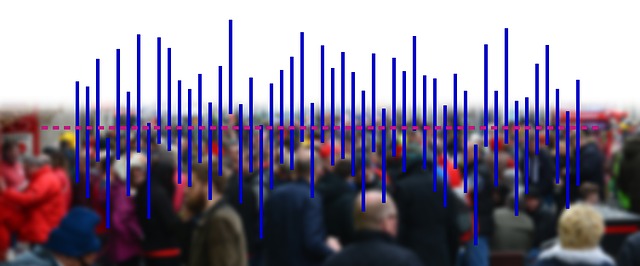Who plays the lottery? What is the most popular age group? Is there even a typical demographic of the UK lottery player? Have no fear! Powerball Magazine has some UK lottery statistics to dispel those myths and show you who really plays the lottery, and how.

How Many People Play the Lottery?
A study in March revealed that around 70% of British residents play lotteries. This includes the Camelot games (National Lottery, Euromillions, side games and scratchcards), the Health Lottery and the growing number of local lotteries. 50% of the population (that’s around two thirds of players) play at least once a month.
What Was the Largest Number / Percentage on Any Given Draw?
The first double rollover in January 1996 saw the largest number of players. Some 86% of the eligible population played that day. As far as UK lottery statistics for player numbers is concerned, this is yet to be surpassed.
The Queen is a Winner Too!
We recently reported that somebody at Buckingham Palace had won, but did you know that a resident had also won in the very first draw? It was reported at the time that the Queen herself claimed a £10 prize.
What About People On Benefits?
Some have accused lottery organisers of specifically targetting people on benefits. However, statistics suggest that lower income families who regularly receive benefits are just 4% more likely to play. Middle and upper classes are less likely to play lotteries.
Fast Facts: UK Lottery Statistics
- The male-female ratio of players is generally evenly split
- Lotteries are most popular in the over 35 age group. 50% play more than once a month
- 17% of the 18-24 year age group plays the lottery
- 33% of the 25-34 year age group plays the lottery
- 85% of winners never publicly reveal their identity
- 90% of winners buy tickets after a win
- As far as scratchcards are concerned, 55-64 age group are the most likely to buy (31%)
